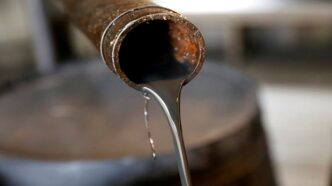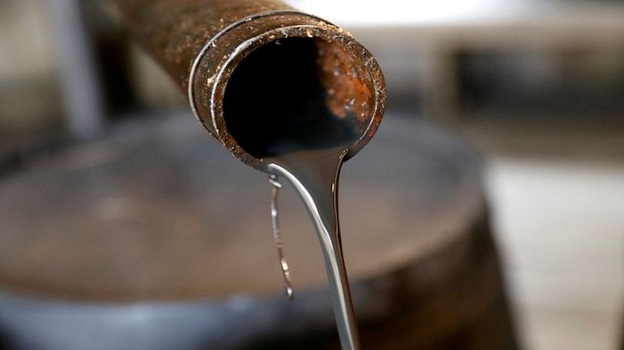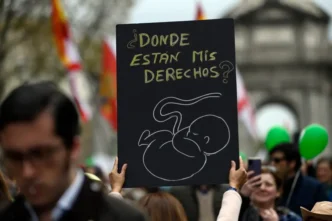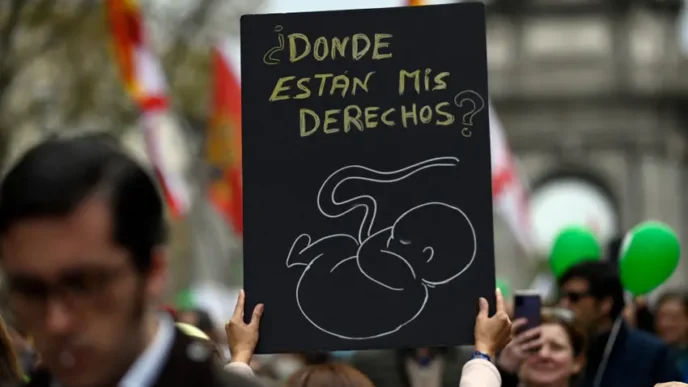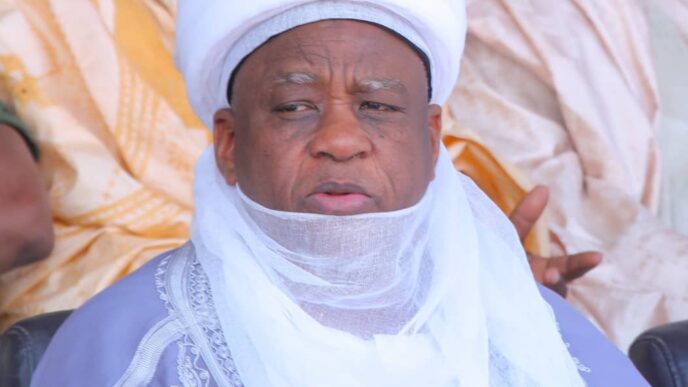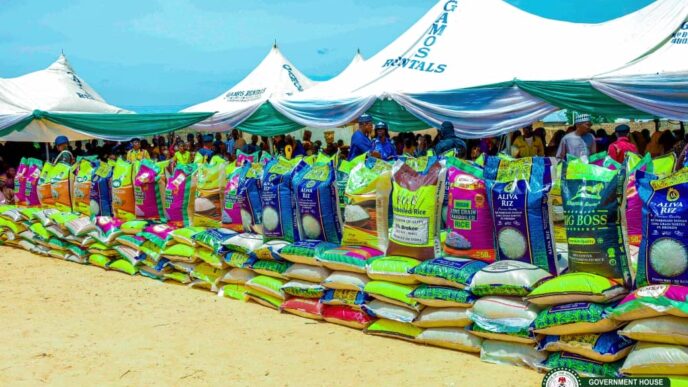Nigeria lost about 619.7 million barrels of crude oil valued at $46.16 billion to theft between 2009 and 2020, according to a new report by the Fair Finance Nigeria (FFNG) coalition.
Gatekeepers News reports that the “Community Voices on Oil, Finance, and the Petroleum Industry Act (PIA): A Case Study of Akwa Ibom and Bayelsa States”, was launched in Abuja and highlights how weak regulation, systemic corruption, and alleged complicity of some security agencies and oil companies have enabled crude theft on an industrial scale.
The study warned that the losses are depriving the nation of vital revenue while worsening poverty in oil-producing communities.
Despite oil and gas contributing 89.23 per cent of Nigeria’s exports in Q3 2023, the report found that benefits are not reaching host communities. It noted that although the Nigerian National Petroleum Company Limited (NNPCL) secured more than $10.3 billion in syndicated loans from local and international financiers between 2020 and 2023, most oil-producing communities in Akwa Ibom and Bayelsa states still suffer from environmental degradation, economic exclusion, and poor governance.
The coalition — which includes BudgIT, CISLAC, Connected Development (CODE), Oxfam in Nigeria, Policy Alert, and STEPS, with support from the Swedish agency Sida — also flagged a shortfall in remittances to Host Communities Development Trusts (HCDTs). While the Petroleum Industry Act (PIA) 2021 requires oil companies to contribute $500 million–$800 million annually, only $21.753 million was remitted between 2022 and 2023.
According to the report, this gap has crippled development projects and worsened living conditions in the Niger Delta.
The Executive Director of CISLAC, Auwal Rafsanjani, urged the Federal Government to act decisively against oil theft.
“If we are still treating oil theft with the lackadaisical attitude that it is being treated, definitely you will not see an end to the oil theft. At the end of the day, it is the generality of the communities that suffer,” he said.
He added that host communities, despite their proximity to oil facilities, continue to face exclusion, poverty, and environmental devastation.
“Communities believe there’s a direct link between crude oil theft and the complicity of some companies and security agencies, which undermines national revenue and exacerbates local grievances. This is an urgent call to action for government, oil companies, financial institutions, and civil society to prioritise transparency, accountability, and collaboration to secure a just and sustainable future for oil-producing regions.”
Also speaking, Agu Kingsley, Director of Programmes at Connected Development (CODE), stressed the role of financial institutions in preventing “greenwashing” by enforcing Environmental, Social, and Governance (ESG) standards.
He revealed that between 2020 and 2023, the NNPCL received $8.6 billion in financing, which helped the company post a $1.7 billion profit in 2023.
“Over 50 per cent of the 18 banks financing Nigeria’s oil sector claim to be signatories to global ESG principles, yet compliance remains weak. Stronger regulatory frameworks and accountability measures are essential to strike a balance between project finance, environmental justice, and the development needs of host communities,” Kingsley said.

